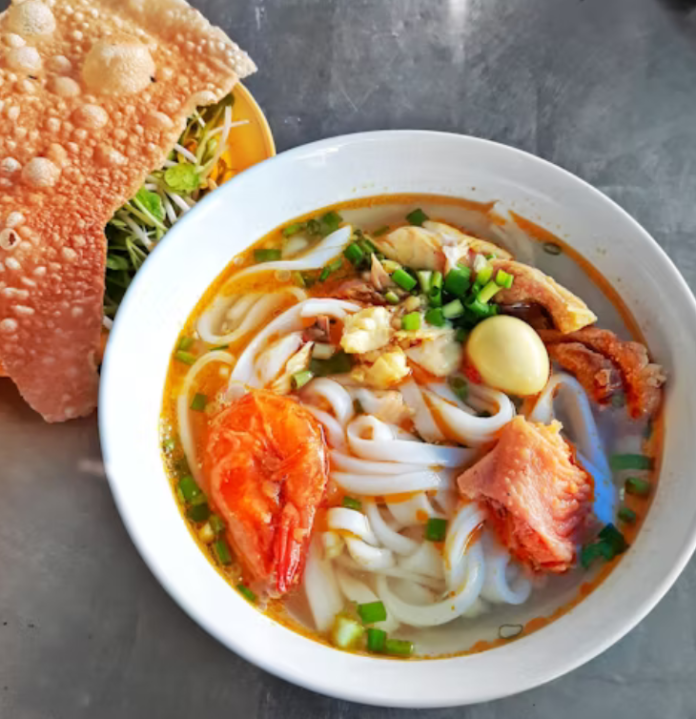Chronic pain is a complex and debilitating condition that affects millions of people worldwide, impacting physical health, emotional well-being, and quality of life. Unlike acute pain, which typically resolves with time and treatment, chronic pain persists for extended periods, often lasting months or even years. Managing chronic pain requires a comprehensive, integrative approach that addresses the underlying causes, symptoms, and individual needs of patients to achieve long-term relief and improve overall functioning.
Understanding Chronic Pain
Chronic pain is characterized by persistent discomfort that may originate from various sources, including injuries, medical conditions (such as arthritis or fibromyalgia), nerve damage, or unknown causes. The experience of chronic pain varies widely among individuals, ranging from mild to severe and impacting different parts of the body, such as joints, muscles, back, or head. Chronic pain not only affects physical health but also contributes to emotional distress, social isolation, and reduced productivity, posing significant challenges to daily activities and quality of life.
Integrative Approaches for Managing Chronic Pain
Multidisciplinary Pain Management Programs: Multidisciplinary pain management programs offer comprehensive treatment plans that combine medical, rehabilitative, and psychological therapies tailored to individual patient needs. These programs are typically led by a team of healthcare professionals, including pain specialists, physiotherapists, psychologists, and occupational therapists, who collaborate to address the multifaceted aspects of chronic pain.
Treatment modalities may include:
-
- Medications:Pharmacological interventions, such as nonsteroidal anti-inflammatory drugs (NSAIDs), opioids (in select cases), antidepressants, and anticonvulsants, may be prescribed to alleviate pain, reduce inflammation, and manage associated symptoms such as depression or anxiety.
- Physical Therapy:Exercise programs, stretching routines, and manual therapies (e.g., massage, acupuncture) help improve flexibility, strength, and mobility, reduce muscle tension, and enhance overall physical function.
- Psychological Interventions:Cognitive-behavioral therapy (CBT), mindfulness-based stress reduction (MBSR), and relaxation techniques are effective in managing chronic pain by addressing emotional distress, promoting coping skills, and enhancing resilience.
- Interventional Procedures:Invasive procedures such as nerve blocks, epidural injections, and radiofrequency ablation may be recommended for targeted pain relief and to alleviate symptoms associated with specific conditions like spinal stenosis or chronic migraines.
Lifestyle Modifications and Self-Management Strategies: Empowering individuals with chronic pain to actively participate in their care through lifestyle modifications and self-management strategies is crucial for achieving long-term relief and improving quality of life.
-
- Nutrition:Adopting a balanced diet rich in anti-inflammatory foods (e.g., fruits, vegetables, omega-3 fatty acids) can help reduce inflammation and support overall health. Avoiding processed foods, excessive sugar, and alcohol may also alleviate symptoms associated with chronic pain conditions.
- Exercise and Physical Activity:Regular physical activity, tailored to individual abilities and preferences, promotes circulation, reduces stiffness, and releases endorphins (natural pain relievers). Activities such as swimming, yoga, and tai chi are gentle on the joints and muscles while enhancing flexibility and promoting relaxation.
- Stress Management:Practicing stress-reduction techniques such as deep breathing exercises, meditation, and progressive muscle relaxation can help alleviate muscle tension, improve sleep quality, and enhance overall well-being.
- Sleep Hygiene:Establishing a consistent sleep schedule, creating a relaxing bedtime routine, and optimizing sleep environment (e.g., comfortable mattress, dark room) are essential for managing pain and promoting restorative sleep.
Challenges and Considerations
Managing chronic pain requires a personalized approach that considers individual differences in pain perception, underlying conditions, treatment responses, and psychosocial factors. Challenges in pain management may include inadequate access to specialized care, opioid misuse and dependency risks, treatment side effects, and the stigma associated with chronic pain conditions. Healthcare providers play a critical role in addressing these challenges through patient education, advocacy for comprehensive pain management strategies, and promoting alternative therapies to reduce reliance on medications.
Furthermore, integrating complementary and alternative medicine (CAM) approaches, such as acupuncture, chiropractic care, herbal supplements, and mind-body therapies, into mainstream pain management practices offers additional options for patients seeking holistic, non-pharmacological treatments. Evidence-based research supports the efficacy of these approaches in reducing pain severity, improving physical function, and enhancing quality of life for individuals with chronic pain.
In conclusion, managing chronic pain requires a multifaceted approach that integrates medical treatments, rehabilitative therapies, psychological interventions, and lifestyle modifications tailored to individual needs. By addressing the complex interplay of biological, psychological, and social factors contributing to chronic pain, healthcare providers can empower patients to actively participate in their care, improve pain management outcomes, and enhance overall quality of life. Emphasizing patient-centered care, personalized treatment plans, and ongoing support promotes resilience, fosters hope, and enables individuals with chronic pain to achieve long-term relief and optimal well-being.













